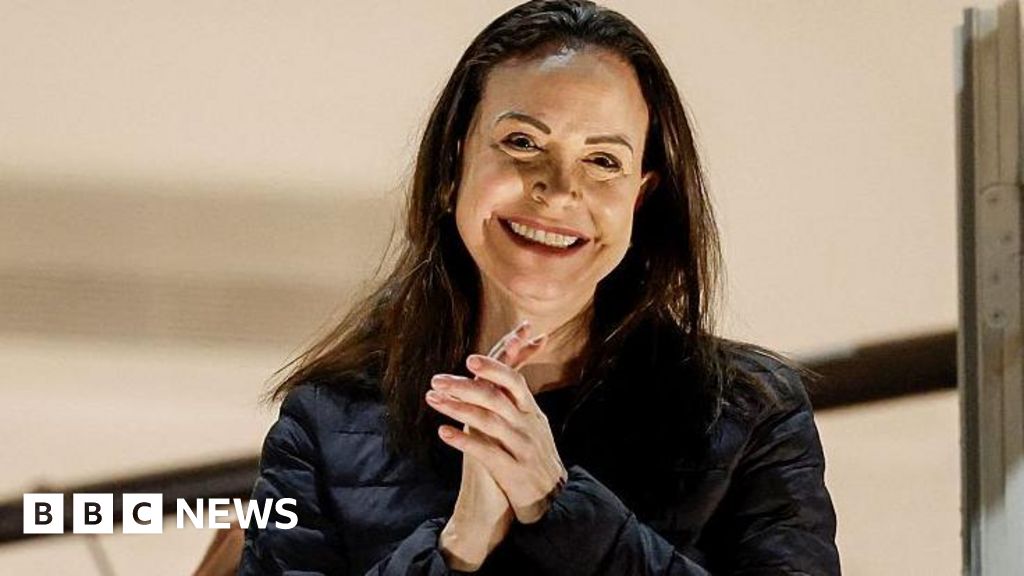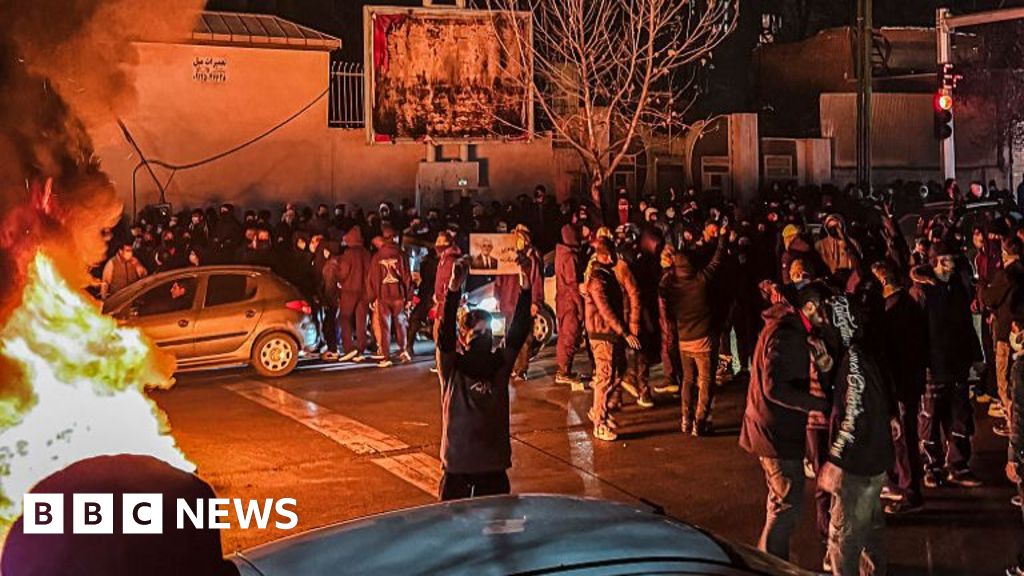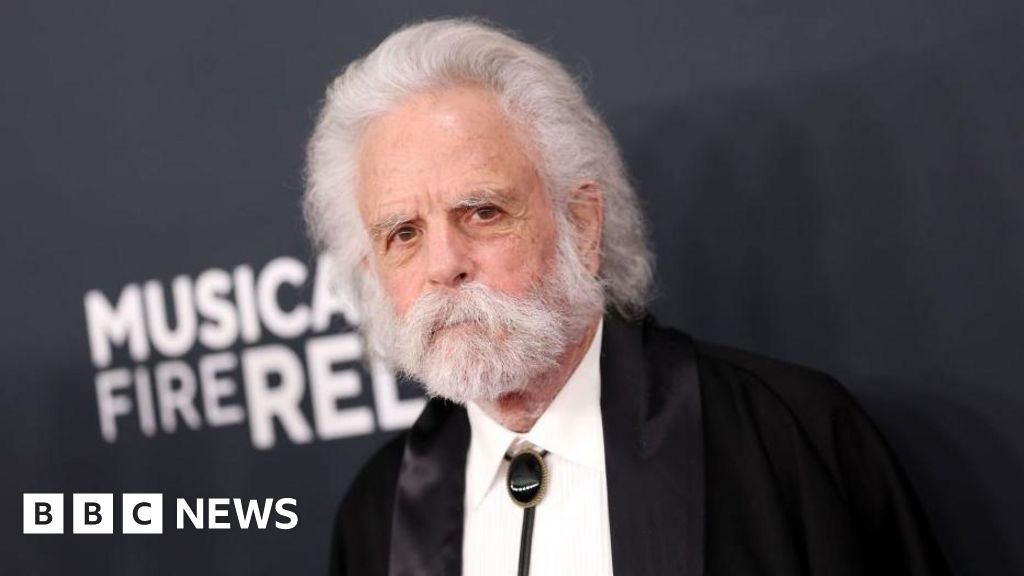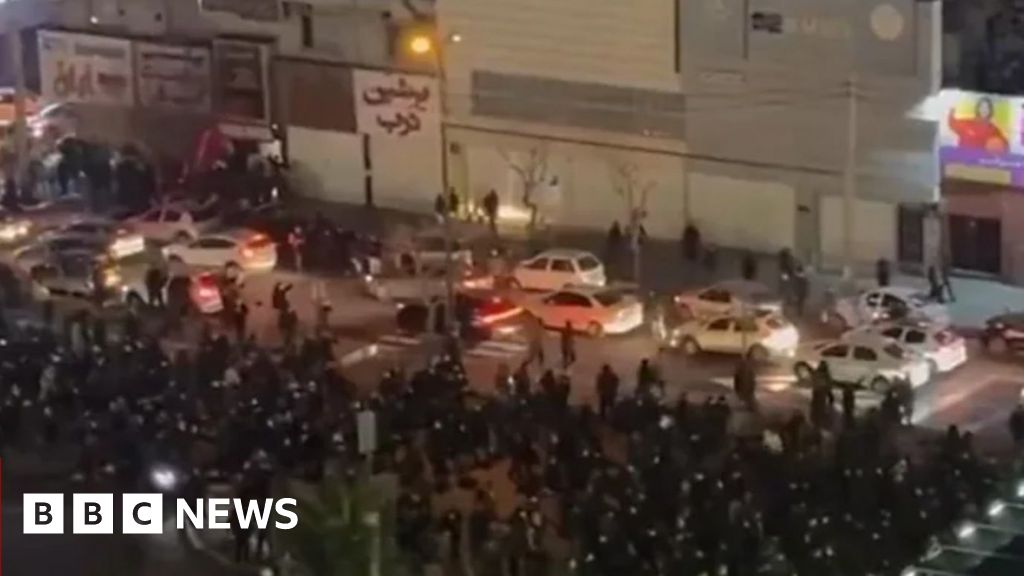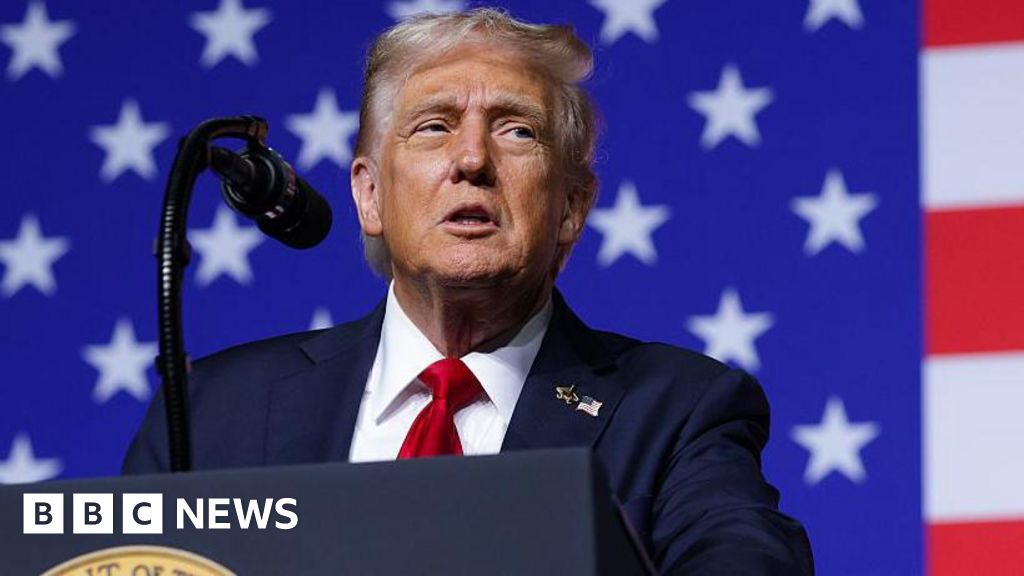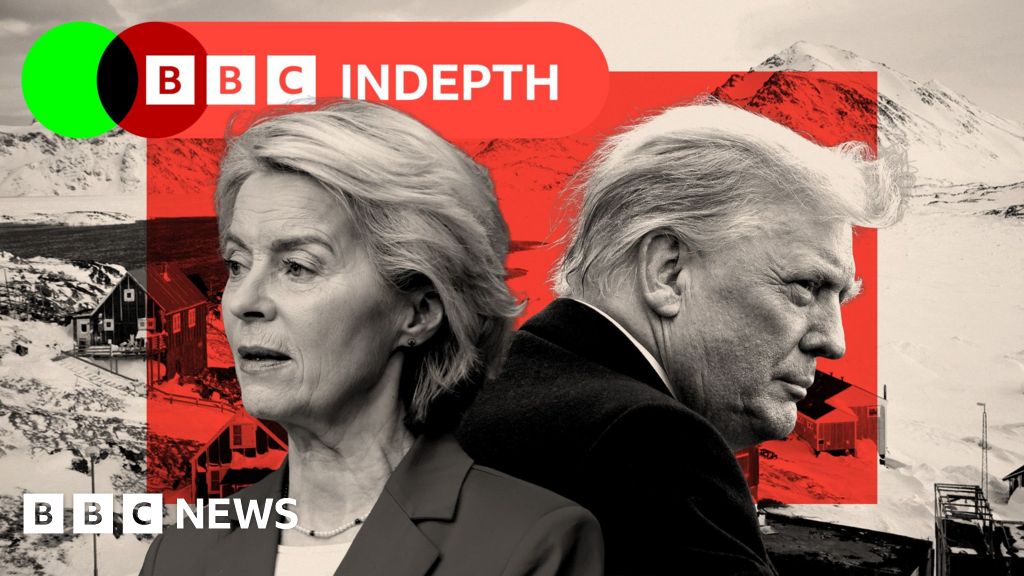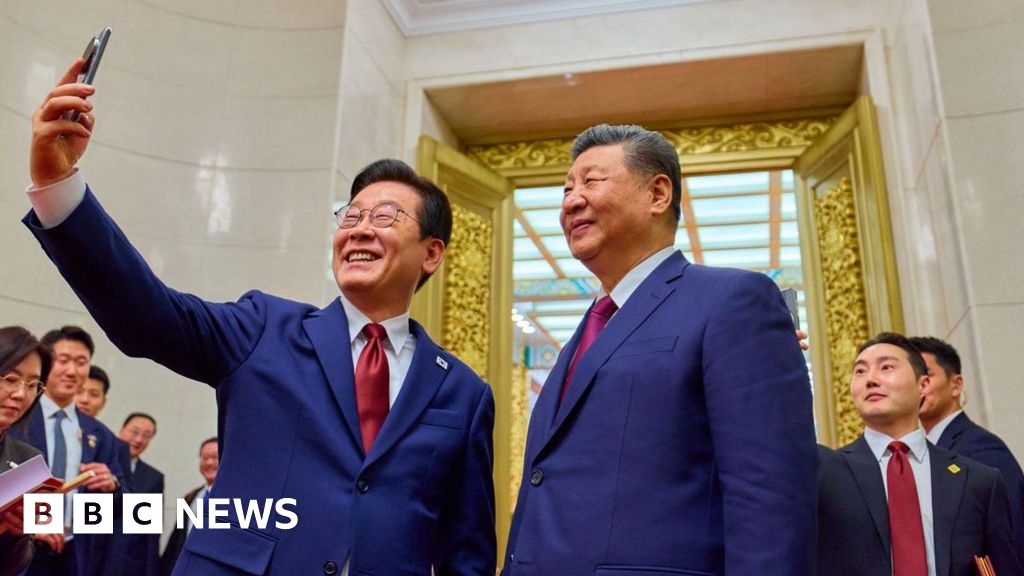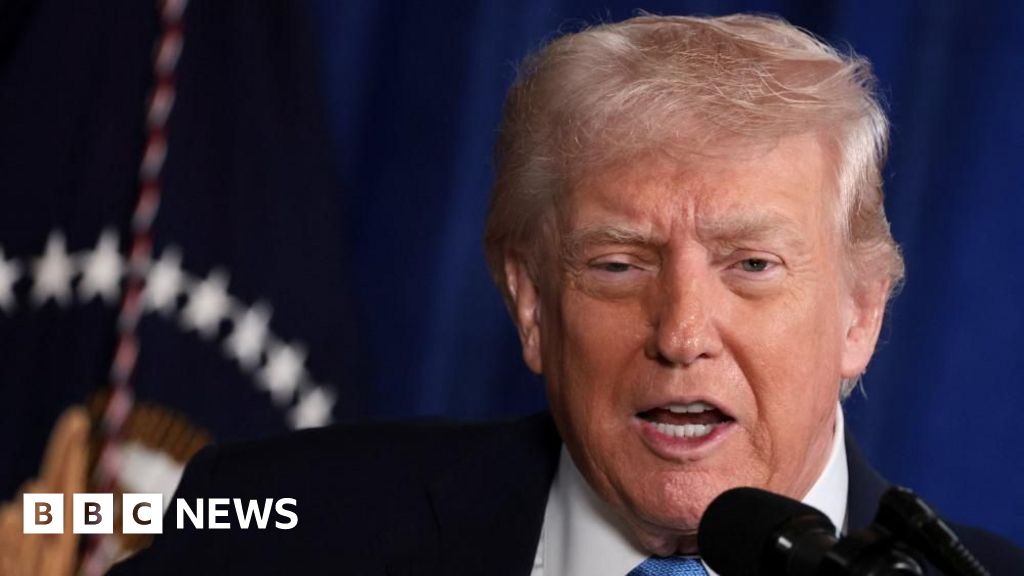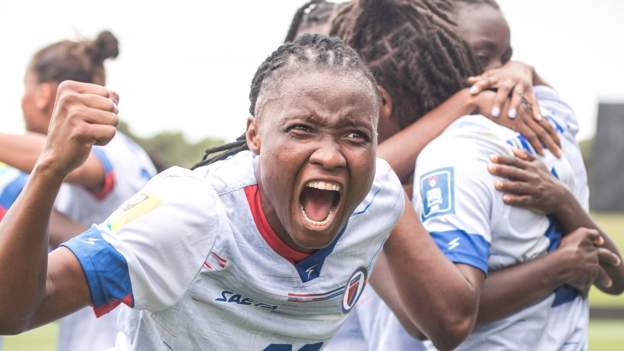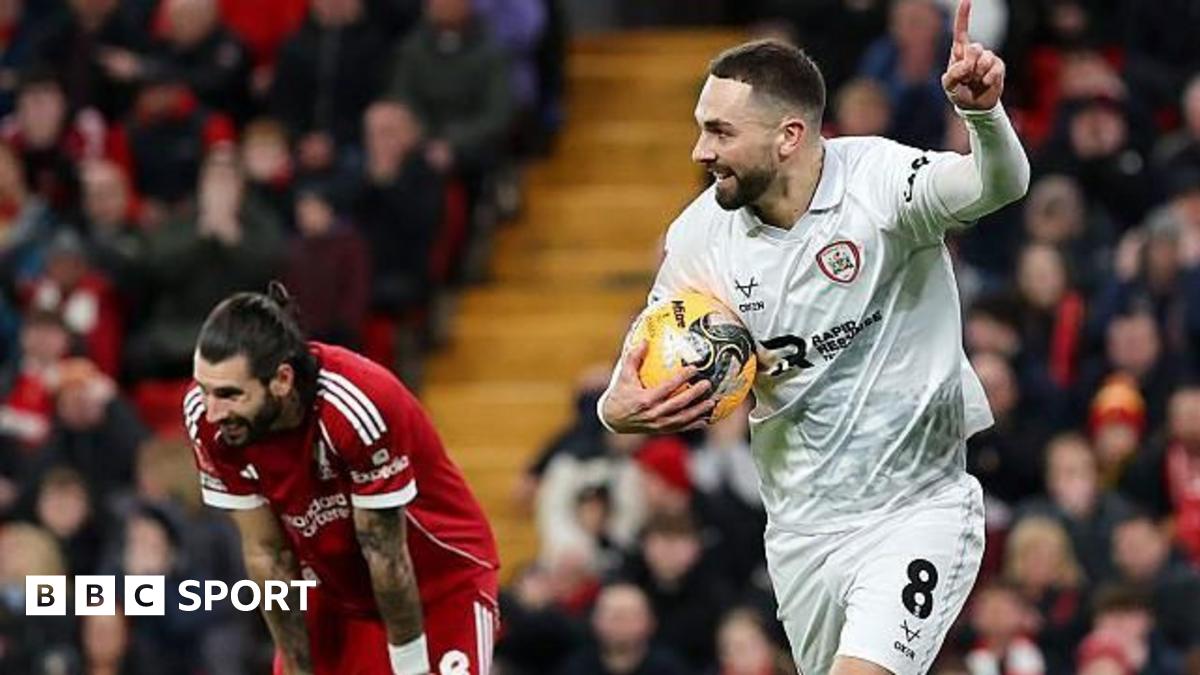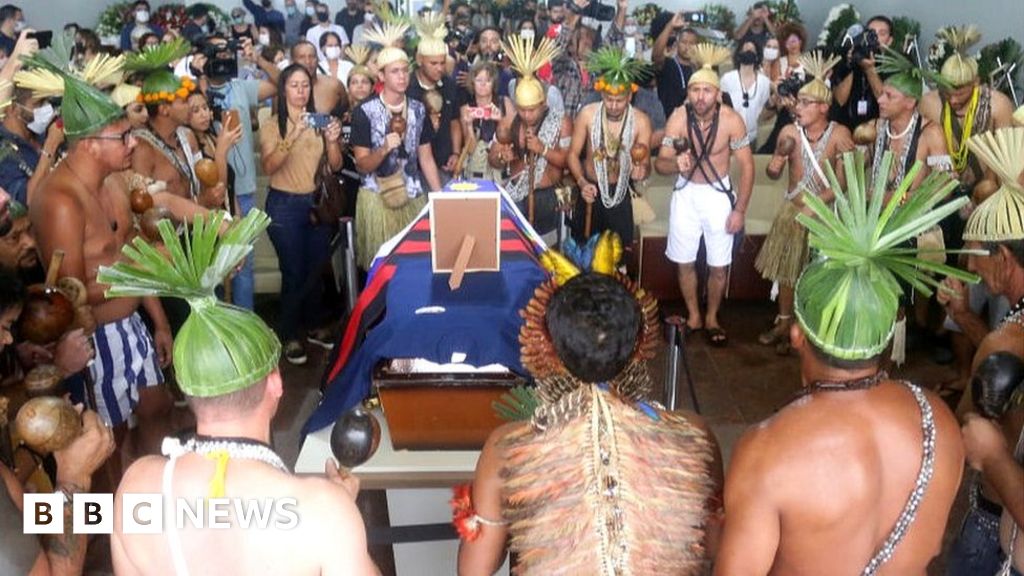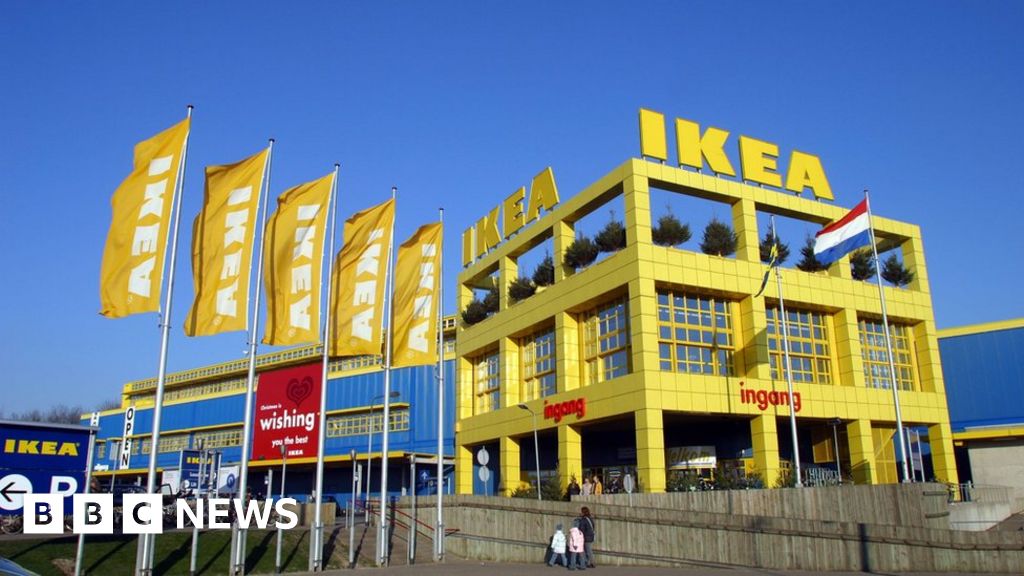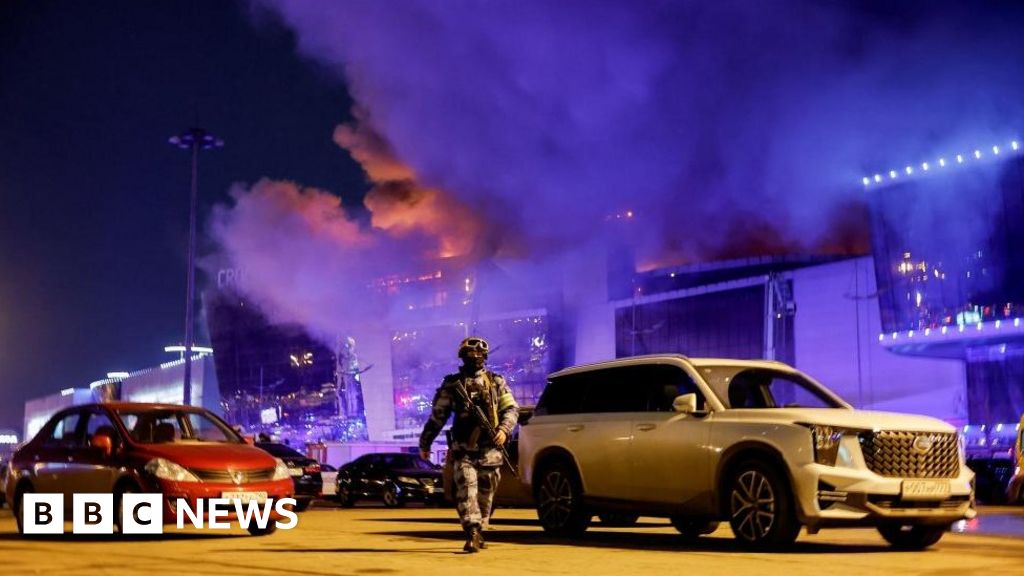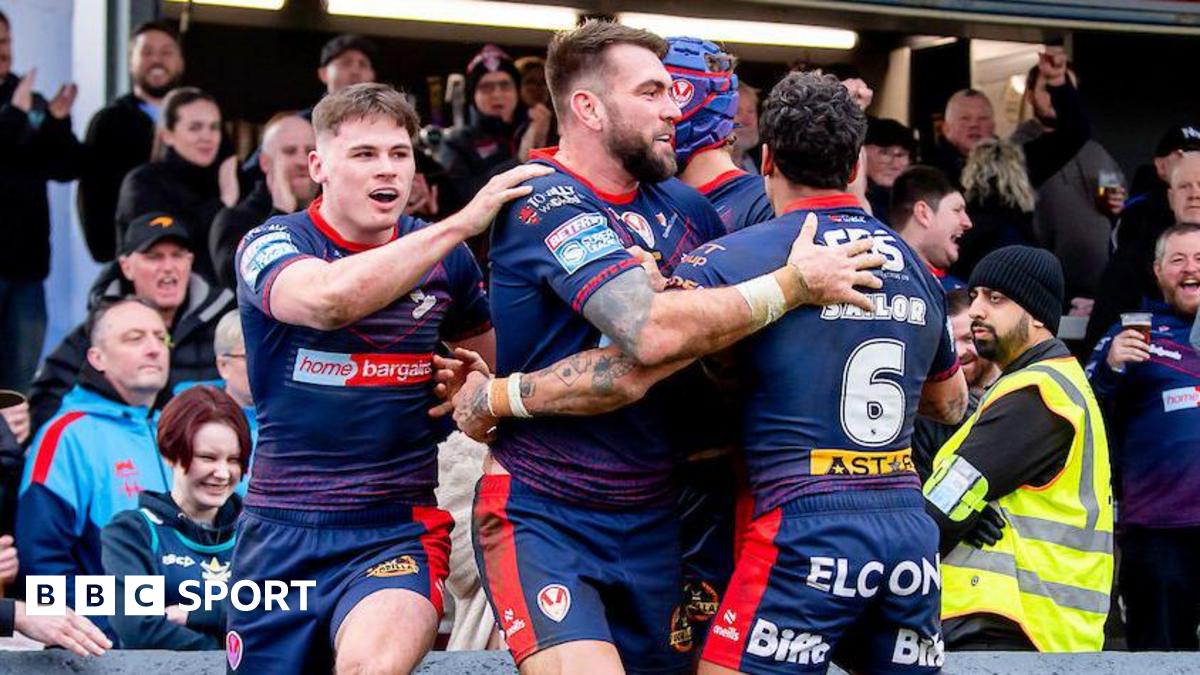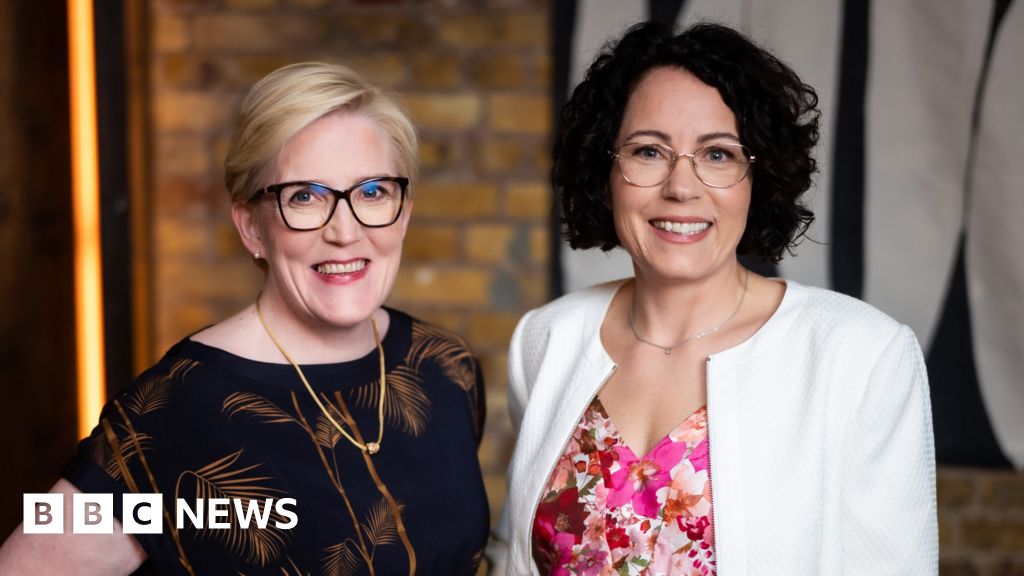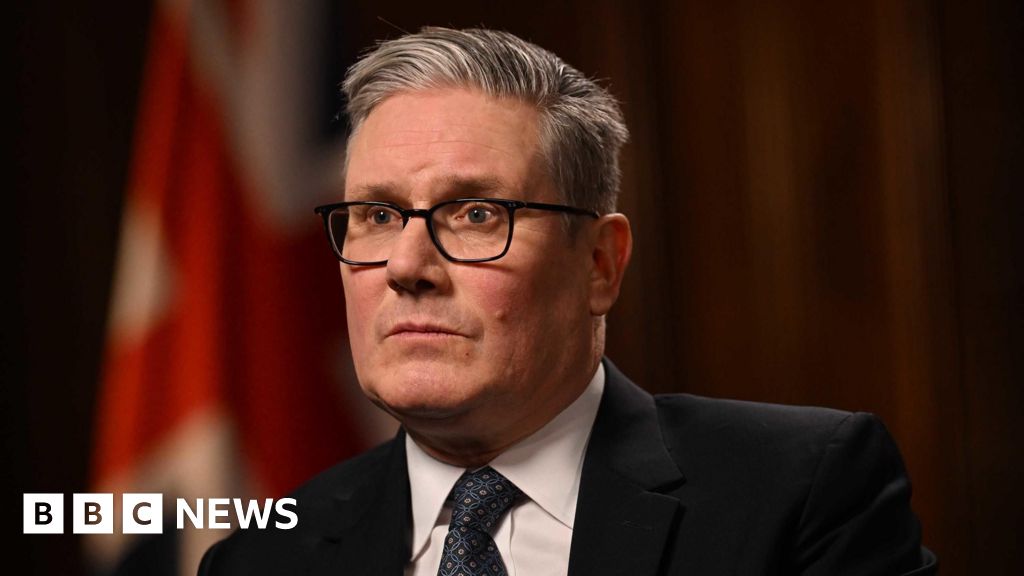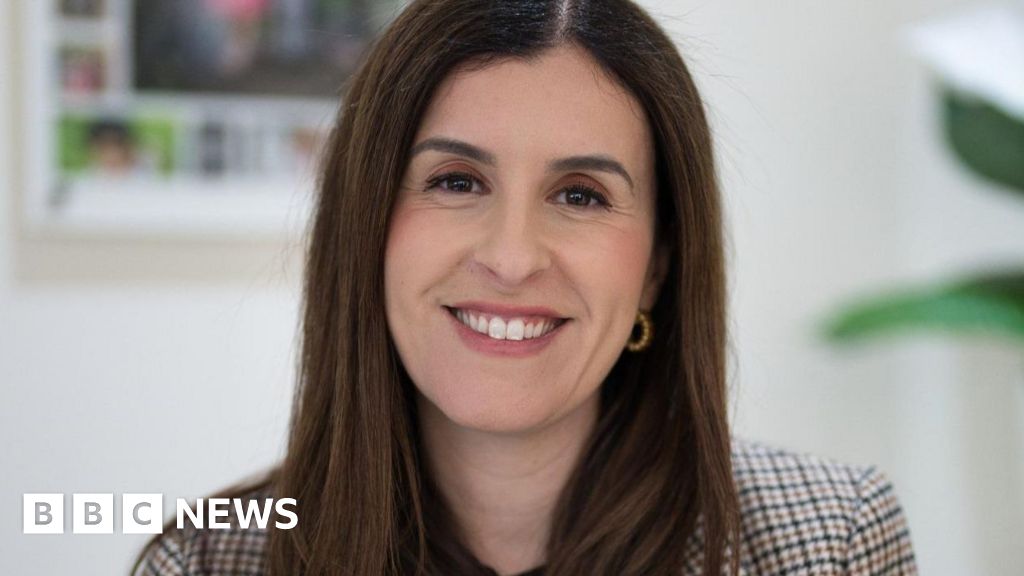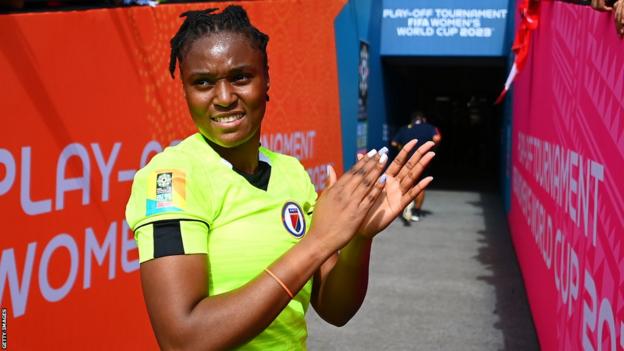
Sign up for notifications to the latest Insight features via the BBC Sport app and find the most recent in the series here.
“Actually, can I ask something?”
Kerly Theus is a 5ft 4in goalkeeper who plays for the Haiti women’s national team.
For the last 40 minutes, we have talked about her career, her country, her childhood. We have even touched on the friends she lost in the 2010 earthquake.
But all this time, something has been bubbling up inside of her, a point she has been desperate to get across.
In less than two weeks, Haiti face England, European Champions and second favourites behind the United States to win the tournament, at the Women’s World Cup in Brisbane, Australia.
It is Haiti’s first ever match at the competition – and for Theus, it will be the biggest of her career.
She also sees it as an opportunity: the fixture that inspires the next generation.
“Can you quote this in your article, please?” she asks. “‘This message is specifically for the girls in Haiti: ‘Keep pushing, keep driving and this moment, you’ll have it too when it’s your time’.”
Theus, along with her team-mates, wants to propel her nation into the spotlight. It is her main motivator, all she can think about.
“I’ve been to tournaments where people said ‘Haiti? What’s that?'” she adds.
“The World Cup is the biggest stage. Your country, your name is publicised everywhere.
“We want the world to know about Haiti and the talent we have. Oh, and we want to get past the group stage.”
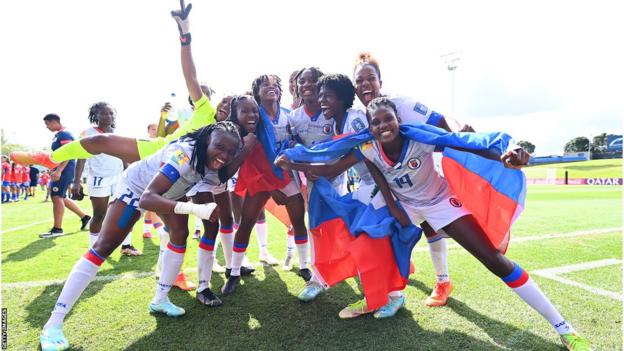
Haiti were one of the last teams to reach the World Cup, upsetting Chile in a play-off in New Zealand in February. in New Zealand in February.
The tense 2-1 victory ebbed and flowed and was finally settled by midfielder Melchie Dumornay’s 98th-minute strike.
“It didn’t even take until getting back to the locker room for the tears to start,” adds right-back Chelsea Surpris, who spoke to BBC World Service in February.
“Some of us, including myself, were absolutely bawling as soon as the whistle blew.
“Either you were crying, smiling or just screaming as a part of a release. It all just came together in a beautiful form.
“All of us just held each other together so tightly and really just embraced each other. All of us.”
This Haitian team looks forward – there is no long football legacy, no history to lean on or run from.
In 1991, Haiti finished fourth at the Concacaf Championship. Since then they have won just four matches across five major tournaments. They have never played at an Olympic Games.
The team’s base is in Croix-des-Bouquets, one of Port-au-Prince’s poorest suburbs. It is officially called the Fifa Goal Center, but everybody knows it as ‘the Ranch’.
Back in 2002, the first phase of the training complex opened, boasting an auditorium, administrative office and dormitories for players.
Today, up to 200 boys and girls aged 14 and above live, train and go to school at the former country mansion.
On the pitch, the national team has clearly made substantial progress. In 2018, Haiti’s women reached their first Under-20 World Cup.
Five years later, the core squad remains and saw off Mexico and Senegal in qualifiers with comfortable, free-flowing wins.
Within the squad, the mindset has changed: Haiti are not just here to make up the numbers.
“Yes, qualifying for the World Cup was another moment of history but we’re supposed to be here,” says midfielder Danielle Etienne.
“People may say that it was an accident but, my gosh, I think this was our destiny. From under-14s we were on this journey to the World Cup.
“We made sure in February we didn’t have another chance to say, ‘dang, we were so close but we didn’t make it’.”
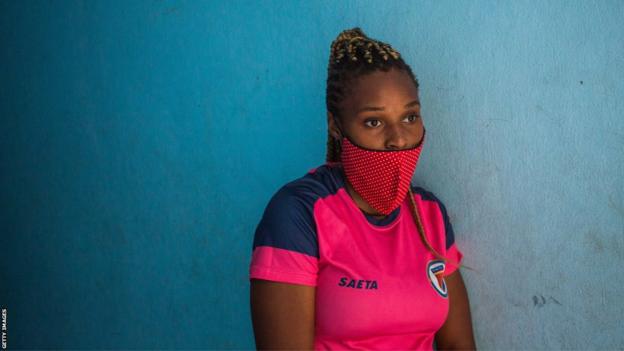
Theus joined the Ranch in 2013, at the age of 14.
Initially, it was her sister who was spotted and she tagged along because it was easier than separating them.
“There was no goalkeeper in my age group,” she says. “I didn’t want to play in goal but I learned the mechanics – how to hold the ball, knowing when to dive, how to dive, things like that.
“It was completely different to playing on the streets. We trained every day, twice a day, no matter what.
“We had practice matches with the boys’ team, it made us stronger and faster.”
The players at the Ranch grew up together. In recent months, emotionally, they have drawn ever closer.
In November 2020, Yves Jean-Bart, the president of the Haitian Football Federation, was handed a lifetime ban by Fifa for alleged harassment and sexual abuse of multiple underage female footballers at the Ranch and elsewhere.
Fifa’s investigation concluded he “threatened and prevented potential victims and witnesses from giving testimony” and “exercised an authoritarian regime”.
Photographs from 2021 were also followed by allegations that children at the Ranch were living in unhygienic and unsafe conditions.
However, in February, Jean-Bart’s suspension was overturned by the Court of Arbitration for Sport who found the evidence against him was “inconsistent, unclear and contradictory”.
The 75-year-old has strongly denied the allegations since they were first made. Meanwhile, Fifa have filed a rare appeal against Cas’ ruling.
None of the three players interviewed for this piece wanted to speak directly about the claims but all mentioned the squad’s unity in the face of adversity.
“We can’t control what happened but we understand we can control our reaction to it,” says Etienne.
“We’re not shaken by this, we’re choosing not to linger on the past or negativity,” adds Surpris.
Theus concludes: “We’re tight-knit, most of the team think the same.
“Hey, we’re here to show off our talent, show off our skills. Let’s let that do the talking.”
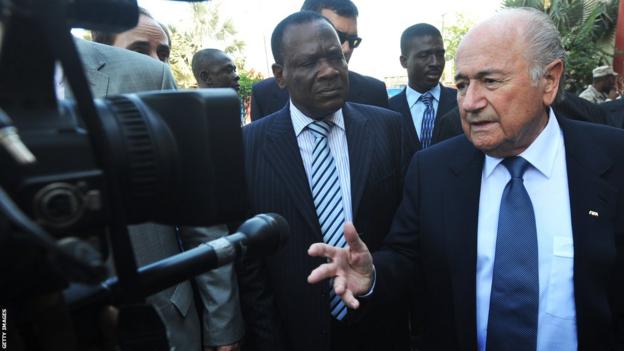
Football in Haiti, on the pitch at least, is rising.
The uncertainty and instability at the Ranch though, reflects the nation.
In July 2021, President Jovenel Moise was assassinated. A month later, an earthquake killed over 2,000 people. In October 2022, the UN reported 4.7 million Haitians were facing acute hunger.
Haiti is engulfed in gang violence. In February, the last democratically elected officials left office.
All this is happening while the Caribbean country continues to recover from an earthquake and subsequent cholera outbreak in 2010 that killed over 100,000.
Goalkeeper Theus, 24, was 11 and living in the capital Port-au-Prince at the time.
“Everybody lost their homes, we had to live in a tent for a couple of months,” she says.
“I was lucky, I didn’t have any direct family who passed away. But I remember losing friends in the neighbourhood who I used to play football with on the streets.
“I miss those moments.
“It was a traumatic period at my age. That’s what it is. I don’t really talk about it much.”
The World Cup and the media attention which goes with it could be crucial in changing the conversation.
“Many think we’re resilient people because we have so much struggle,” adds Etienne. “I think we’re resilient because we’ve had so many successes.
“We had the first and only successful slave revolt to lead to a free country. It’s unfortunate that sometimes pain is all that’s seen.
“We’re going to a World Cup, the men have just played in the Gold Cup – these little moments show there is such much value in Haiti.
“Yeah, there might be things going on that are negative but there is even more that is positive. Haiti is still full of gold.”
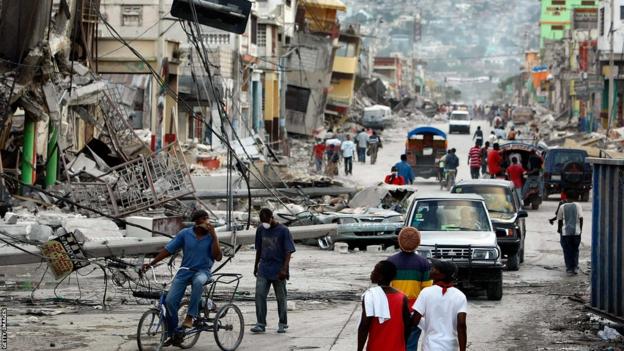
This Haiti team represents not just a country, but a nation spread across the world.
Indeed, not all of the squad shares Theus’ childhood. Some were born in Haiti, others in the United States. Some only speak English, others only Creole.
Understandably, over the past two decades, a large number of Haitians have left the country. Over one million people with Haitian ancestry are living in the USA.
That’s reflected in the squad too. Theus, Etienne and Surpris play their club football in the United States.
Most of the team live in France, with star midfielder Dumornay moving from Reims to eight-time Champions League winners Lyon on July 1.
But, speak to Haiti’s players and, despite their disparate upbringings, you soon uncover their bond.
As Surpris, who played for the USA at youth level, puts it: “Haiti is in the blood, it’s my family, it’s who I know.”
Among the squad, there is a common desire to give back to the nation that raised them.
“It doesn’t matter if you were born in the United States or you were born in Haiti, we are all Haitians,” says Etienne.
“In the camps, we make sure it doesn’t feel like people from different places are outsiders.
“I didn’t even know Creole when I was 14 and first with the team. Now I translate for my team-mates.
“Once we had that foundation, it was easy to integrate. I think as we got older and more mature, we started to see each other as sisters.
“We’ve been through a lot together.”
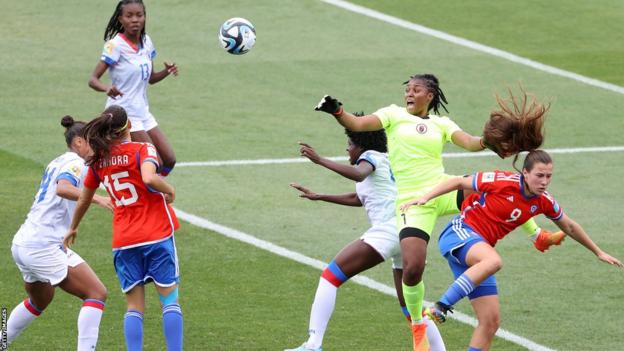
Our time is nearly up. Theus chuckles. Her wide smile is warm and infectious.
“I’ve been very excited to do this interview. You are based in the UK and everybody’s fully aware we play England in our first game,” she says.
England are ranked fourth in the world, Haiti are 53rd.
Back in November, Haiti were thrashed 5-0 by Portugal. In a friendly against Portugal at the start of July, England racked up 23 shots in a 0-0 draw.
“England are the big dogs and that’s granted,” adds Etienne.
“We definitely respect them and understand their legacy but at the same time, we want them on their heels.
“We’ll give them a fight, for sure.”
Group D also includes two-time quarter-finalists Denmark and one-time runners-up China.
In every match at this summer’s competition, Haiti will be the overwhelming underdogs.
But that suits them just fine. Remember, nobody expected them to get past Chile.
After seven failed qualification attempts, Haiti are here. They have a platform to tell their own story.
“To imagine yourself at a World Cup is insane,” says Surpris.
“I think about singing the national anthem, standing side by side with my team-mates and hearing a roaring crowd.
“To be in such a surreal moment where you are just speechless, it’s going to be incredible.”
Etienne is equally zealous.
“I’m a ride-or-die Haitian,” she adds. “You can’t say anything negative without me pushing back with something positive.
“These are the moments we live for. We’re trying to bring back the light to Haiti for sure.”
The team is on an upward trajectory, a symbol for change.
Few things are more important than football for this group, but legacy is certainly one.
Theus repeats that message for the next generation of Haitian girls who will be watching on 22 July, eager to build on the team’s success:
“Keep pushing, keep driving and this moment, you’ll have it too when it’s your time.”
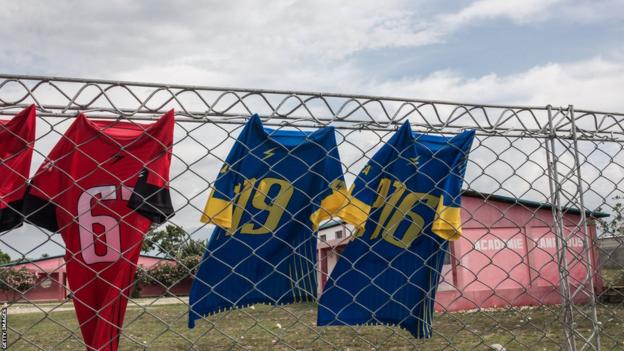
Additional reporting by BBC Sport’s Isaac Fanin.
